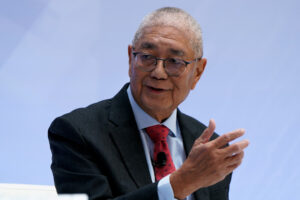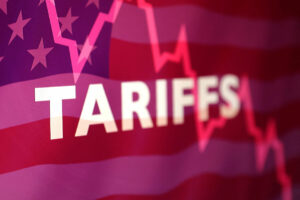
Climate change and consumer behavior

Climate change has significantly intensified over the years, impacting lives around the world. In a recent Deloitte study, more than half of respondents said they have experienced at least one extreme weather event, pushing majority of them to agree that climate change is an emergency. Organizations are also feeling increasing pressure to integrate sustainability in their business agenda, with consumers demanding the same from producers of goods and services.
Globally, almost 60% of respondents said they make deliberate changes to their personal activities and purchasing habits to help mitigate environmental damage. Thirty-three percent also said that sustainability con-siderations are impacting where they bank and invest their money, and nearly 40% are paying more for sustainable product alternatives.
Beyond their personal steps toward sustainable consumption, people’s heightened environmental awareness extends to their workplace expectations. Among those surveyed by Deloitte, there has been a decline in the number of people who believe their employer is doing enough to address climate change and sustainability.
Moreover, almost 25% globally said they have considered switching jobs to work for a more sustainable company, and the same number of people say that they will consider a potential employer’s position on sustainabil-ity before accepting a job. This just proves that sustainability is slowly becoming less of just a consideration, and more of a key criterion in choosing where to work.
THE YOUNGER GENERATIONS’ EMOTIONAL INVESTMENT AND INITIATIVES
While concern for the environment spans across all generations, Gen Zs and millennials have expressed greater emotional engagement and more curiosity about the impact of climate change.
In the Philippines, climate change as a cause of anxiety is especially apparent. Over 90% of the country’s college-educated, working Gen Z and millennials have expressed worry about their environmental impact, and most of them intend to make better climate choices. Eighty percent are willing to pay more to purchase environmentally sustainable products or services, 95% primarily use recyclable or recycled plastics/paper to reduce environmental impact, and 90% improve their home to make it more sustainable.
These personal commitments signal a clear expectation: businesses must respond by offering more sustainable choices. As the younger generations increasingly align their actions and behaviors with environmental values, they look to companies to complement these efforts with sustainable products, services, and practices.
Furthermore, their appeal for businesses to prioritize environmental responsibility also bleeds into their employer choices, with 95% of them considering companies’ environmental credentials or policies when choosing a poten-tial employer, and 30% of them changing jobs and/or industries due to concerns about the organization’s sustainability impact, higher compared globally.
Along with their expectations from businesses, Gen Zs and millennials are also calling for increased involvement from the government in mitigating climate change impacts. They urge policymakers to take climate action, foster-ing a sustainable future through policies and public-private partnerships.
Clearly, from choosing recycled packaging to calling for the government and businesses to prioritize sustainable practices, these generations are driving the shift in consumer behavior and employer expectations.
CLIMATE ACTION IS NO LONGER OPTIONAL BUT IMPERATIVE
The incorporation of sustainability-related actions to both personal and professional domains is already an existing principle for most, especially younger generations. As sustainability becomes embedded in people’s every-day lives and decision-making, businesses must evolve in response.
Organizations that fail to integrate it into their culture and operations risk losing climate-conscious customers and top talent. In this age of accountability, being sustainable shouldn’t just be a differentiator — it should be the baseline.
The views expressed herein are the author’s own and do not necessarily reflect the opinion of his office as well as FINEX.
Jesus Ma. Lava III is a FINEX member and the Sustainability and Emerging Assurance Leader at Deloitte Philippines, a member firm of the Deloitte network. For comments or questions, e-mail phcm@deloitte.com.



